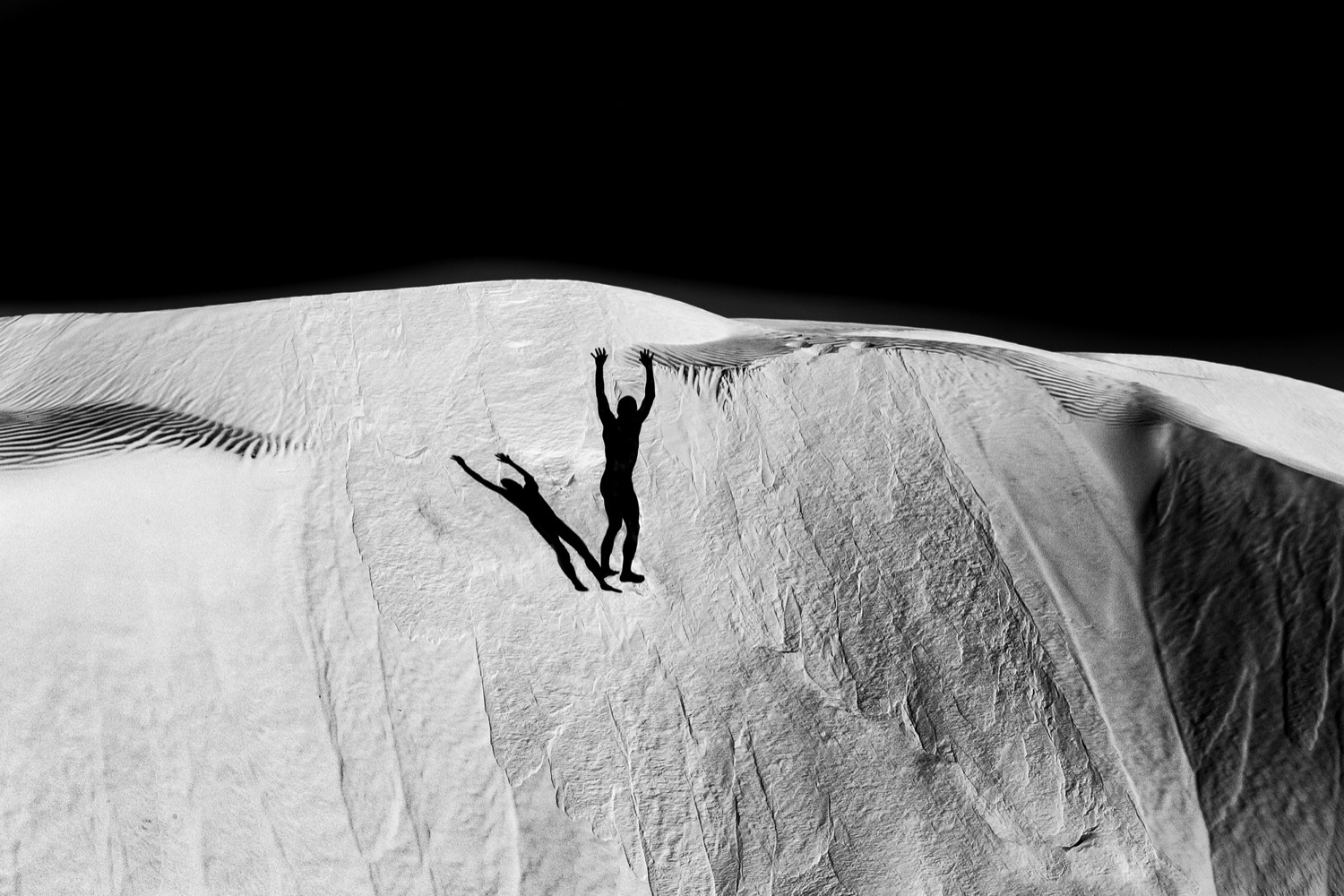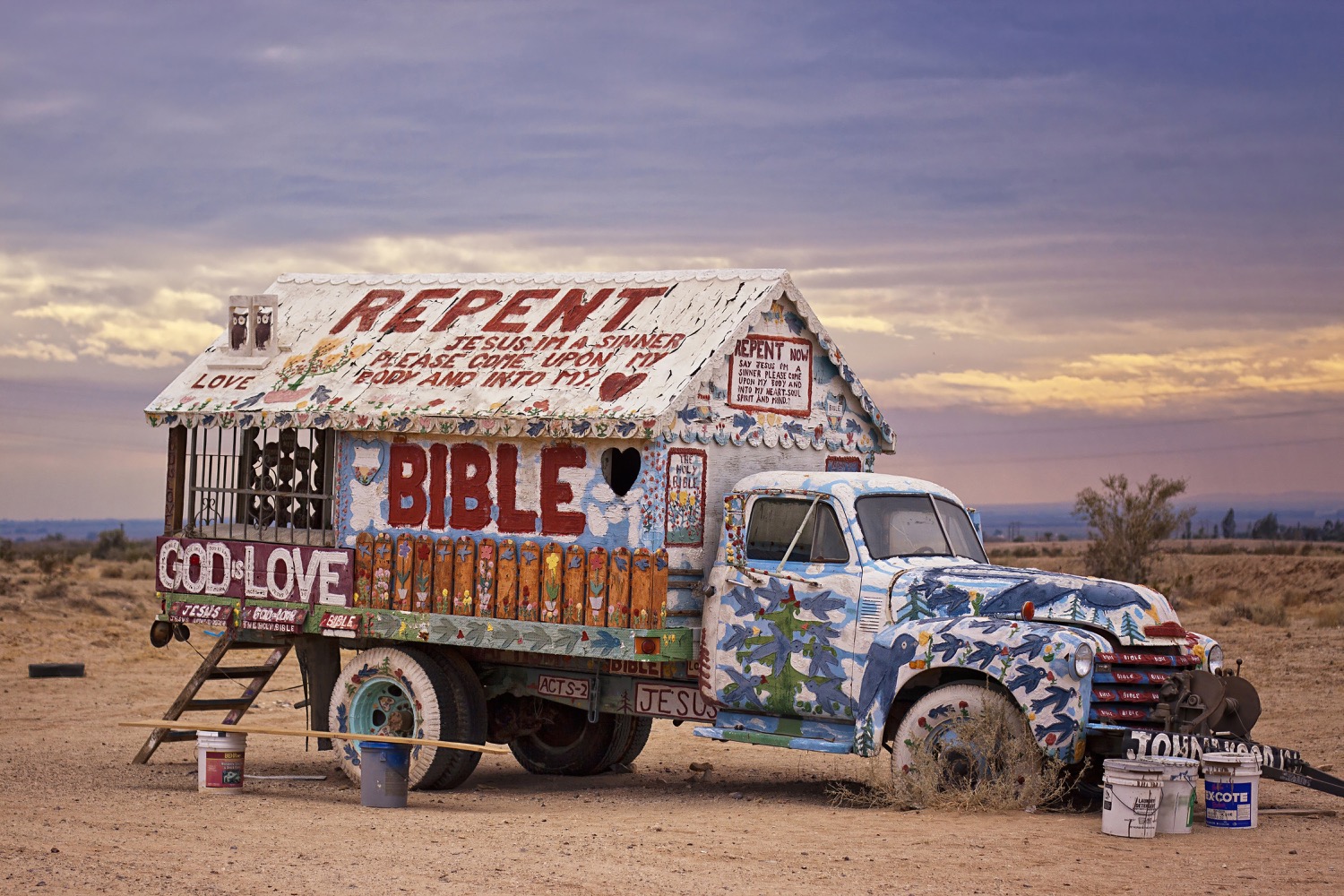
Belfast Photo Festival: Future(s)
Taking “Future(s)” as its theme, this years festival tackles many contemporary issues.
Belfast Photo Festival

Belfast Photo Festival, Northern Ireland’s premier visual arts festival, will take over art galleries and public spaces throughout Belfast this June with a host of timely exhibitions exploring the role of photography in imagining new visions of the future.
Presenting a vibrant online and offline programme of immersive exhibitions, large scale outdoor art works, talks and events, the festival runs from 3 – 30 June 2021.
Taking “Future(s)” as its theme, this year’s festival tackles issues as diverse as climate change, migration, the advancement of technology, government surveillance and the power of protest, to explore how the future is shaped by our actions in the present. Rather than presenting a singular vision of what this future might be or look like, the festival instead offers up a speculative, imaginative glimpse into the myriad possibilities of what might lie ahead.
Many of the exhibitions in this year’s festival are underpinned by the particular urgency of rethinking our future in light of events of the past year, which have not only altered the course of humanity, but have also deepened and illuminated stark inequalities in society at large.
Change making, activism and social justice feature heavily in a number of festival projects. In American artist Davion Alston’s works, shown at public sites across Belfast, images from Black Lives Matter demonstrations last summer are collaged and adapted to posit protest as a form of world-making and a means of imagining better futures in times of trauma, chaos and violence.

The festival will also present the first solo exhibition of renowned artist Zanele Muholi on the Island of Ireland. One of the most acclaimed photographers working today, this spectacular outdoor exhibition at Queens University presents work from Muholi’s ongoing project, Somnyama Ngonyama (translated as ‘Hail the Dark Lioness’). These powerful and reflective images explore themes including labour, racism, Eurocentrism and sexual politics, and continue Muholi’s engagement around the rights and representation of the LGBTQI+ community in South Africa and globally.

Other festival highlights include a number of projects exploring what is perhaps the greatest challenge facing mankind today: climate change and human impact on the planet. Mandy Barker’s impressive LUNASEA, imagines a parallel planet made from plastic waste. Simon Norfolk and Klaus Thymann’s ‘Shroud’, exhibited in the dramatic setting of Belfast’s Riddel’s Warehouse, presents a tragic and impactful document of global warming, while at Belfast Exposed Gallery, Swiss artist Marcel Rickli asks how we might warn future generations about sites of toxic nuclear waste, when the material itself is likely to outlive existing modes of communication, including current forms of language.

Technology and its inevitable impact on our future is also explored throughout the festival. David Vintiner and Gem Fletcher’s exhibition on transhumanism, at University of Atypical, explores a community who aim to adapt and even transcend their mortal flesh through technology. Finnish artist Maija Tammi, on the other hand, presents us with Androids who appear to be flesh and bone in her work ‘One of them is Human’. At a time when our species is, in many senses, facing the very real prospect of technological replacement, Tammi’s uncanny robot portraits, presented at large scale in Belfast’s Writer’s Square, challenges our conceptions of what it is to be ‘alive’.
In our era of pandemics, global migration, political upheaval and technological connection –when perhaps the future has never felt so unclear – the 2021 Belfast Photo Festival offers up a refreshing and provocative programme of exhibitions and events that urge us all to question: What kind of world do we want to collectively create?
Commenting on the festival’s return, its Director, Michael Weir, says: “In recent years our festival has focused on bringing visual art to the public, pushing the boundaries of the photographic medium, making it accessible and engaging. We’re very pleased to play our part in rejuvenating public spaces and galleries throughout Belfast with our 2021 programme. Arts and culture played a hugely important role in all of our lives in the past year and will continue to do so as restrictions are lifted.”
On this year’s programme, he adds: “Many of the exhibitions in this year’s festival are underpinned by the particular urgency of rethinking our future in light of events of the past year, which have not only altered the course of humanity, but have also deepened and illuminated stark inequalities in society at large.”
Suzanne Lyle, Head of Visual Arts, Arts Council of Northern Ireland, says: “We are very much looking forward to this year’s Belfast Photo Festival which will use a range of public spaces, galleries and online platforms to showcase local artists alongside renowned international photographers. This year’s programme will also include exciting opportunities for those with an interest in photography to engage and take part in online events and talks, building skills and giving inspiration to a future generation of photographers and artists.”
Lord Mayor of Belfast, Alderman Frank McCoubrey says: “We’re delighted to support this year’s Belfast Photo Festival, one of our Cultural Multi-Annual Grant recipients. These grants support local arts and heritage organisations and cultural festivals and events, which play a vital role in our 10-year cultural strategy, A City Imagining. It’s exciting to see the Belfast Photo Festival combine online activity with some in-person events as restrictions start to ease and we emerge from what has been a very challenging lockdown period for our local arts sector. The organisers are promising a diverse range of activities to celebrate and showcase local photography talent. And the theme of “future(s)” ties in with our own focus of reimaging a vibrant cultural city and working with partners to lead a sustainable recovery.”
.svg)
.svg)
.svg)







